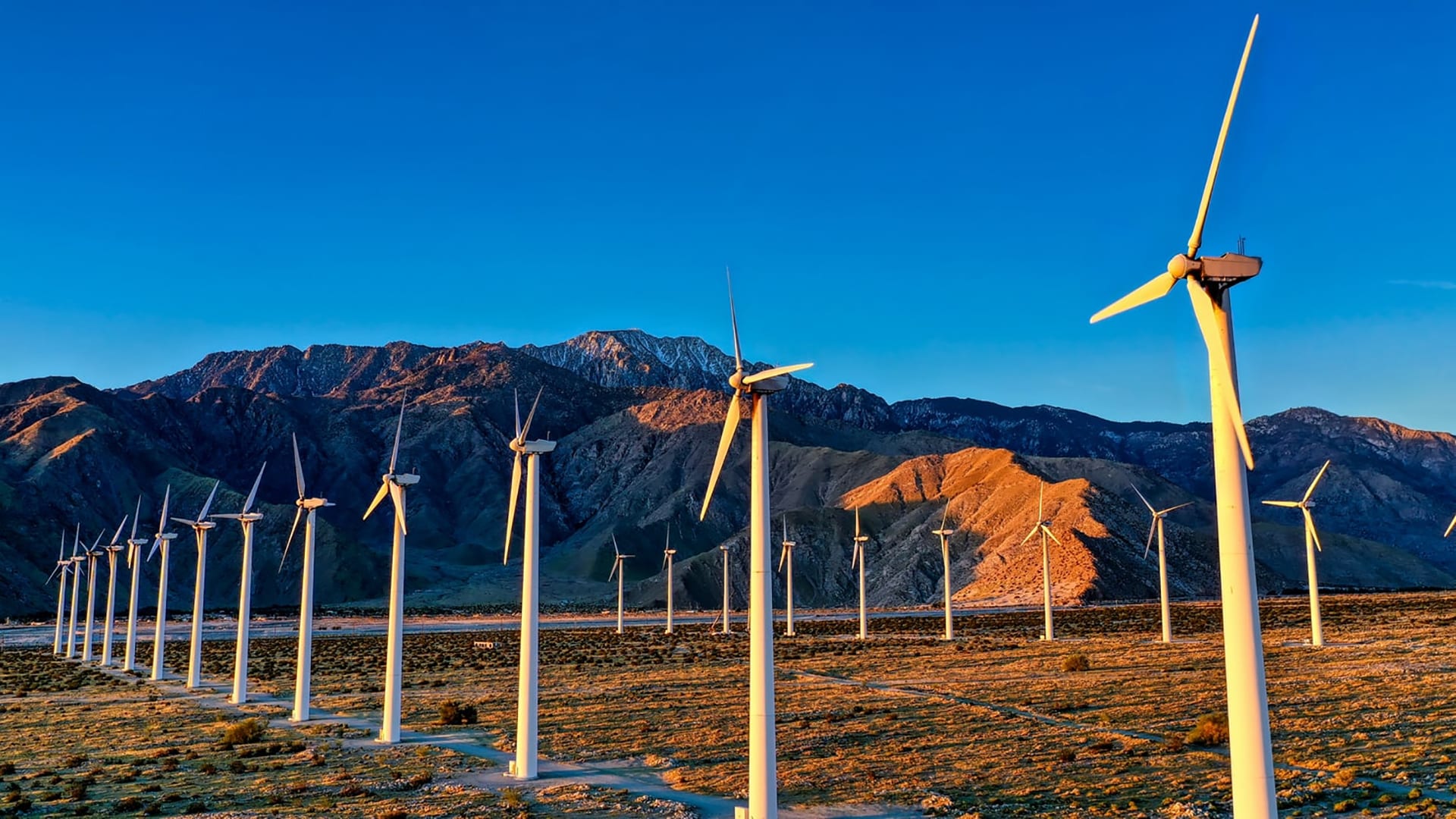John Evans
Partner


Fladgate’s Green Energy Group is a cross-departmental team that brings together lawyers with expertise and experience across the renewable and low carbon energy, greentech and electric vehicle infrastructure sectors.
The 2010s was a decade of significant change in the way in which electricity was generated throughout the world. During the course of the decade an ever increasing proportion of electricity was generated from renewable and low carbon sources. In the 2020s, we have already seen the generating capacity of renewable and low carbon further increase with wind, in particular, being a significant contributor to the electricity mix in the United Kingdom. With governments around the world setting targets for net zero and the decarbonisation of energy networks there will be greater reliance on renewable and low carbon generation.
Associated with the increased reliance on electricity generated by renewables will be the requirement to address the complexities created by a reliance on sources of electricity which are by their nature intermittent in their generation. Energy storage, demand side flexibility, electric vehicles and other technologies will play an increasing part in addressing grid stability and capacity issues. The great pace of change within the energy sector will continue to drive innovation and cause participants within the sector to collaborate with businesses that have not traditionally been involved in the sector.
In conjunction with the decarbonisation of electricity, the 2020s will continue to see the decarbonisation of a significant proportion of the transportation sector. In the United Kingdom, the government has highlighted the importance of delivering an electric vehicle charging infrastructure which facilitates the adoption of electric vehicles by the general public with all new cars to be zero emission from 2035 in the UK. The transition to electric vehicles is accelerating with projected adoption to be significant by the end of the 2020s.
It also remains to be seen how big the impact of green hydrogen, carbon capture use and storage and other alternative fuels will be in the decarbonisation of industry and transportation.
Fladgate’s Green Energy Group through its combination of sector focus and legal expertise is ideally suited to advising and assisting with legal issues faced by participants in the following sectors:
• Renewable and low carbon energy generation assets (with a particular focus on onshore wind, solar and energy from waste)
• Energy storage
• Electric vehicle charging infrastructure
• Greentech
The Green Energy Group has specialists across our commercial, projects and infrastructure, corporate, planning, real estate and construction teams who are able to advise and assist you with the full range of legal issues that are relevant to a business operating in the above sectors including the following:
• Planning
• Land options, leases and easements
• Grid connection
• PPA, O&M and EPC agreements
• Disputes
• Commercial contracts and intellectual property
• Debt funding arrangements
• Joint venture, shareholder and investment agreements
• Acquisitions and disposals
Partner

Partner

Associate

Partner

Partner

Partner

Partner

Associate

Partner

Partner

Partner

Partner

Partner

Partner

Associate

Partner

Partner

Senior Associate

Senior Associate

Partner

Partner

Partner

Senior Associate

Associate

Partner

Paralegal

Partner

Partner

Associate

Partner

Consultant

Associate

Associate

Partner

Senior Associate

Partner

Partner

Partner

Partner

Partner

Advises on engineering, building and development projects, alongside disputes. Significant and expanding focus on renewable energy projects, including issues relating to wind, solar and waste to energy. “They compare very favourably against other firms in regard to value for money and level of service".

While many people see green energy as the only sensible way to generate power, there are many financ…
Read MoreAs in 2023, we expect to continue seeing the aggregation of operational renewable generation assets …
Read MoreDespite ambitious Government targets and their importance to the UK’s transition to Net-Zero, the UK…
Read MoreAlthough the rate of private buyer registration of new battery electric vehicles (BEVs) in the UK is…
Read More